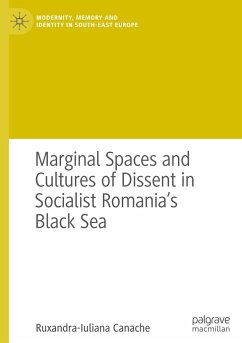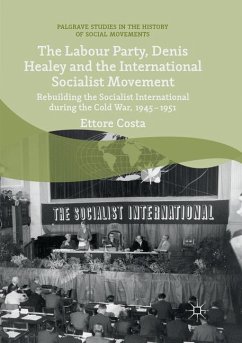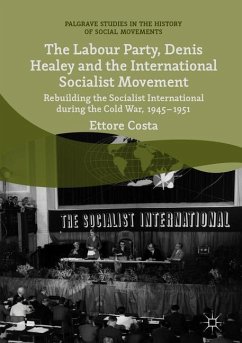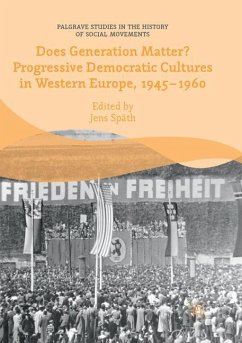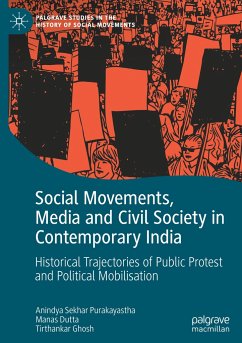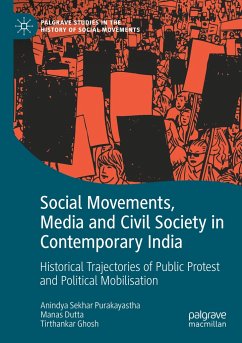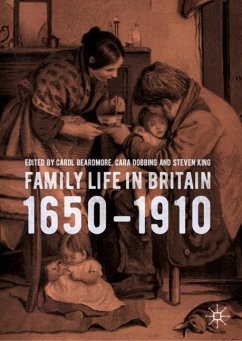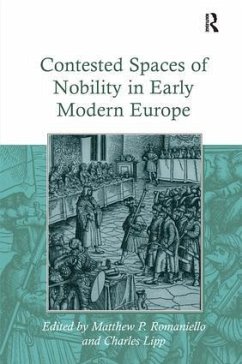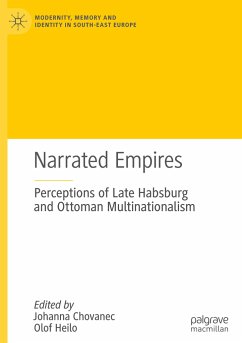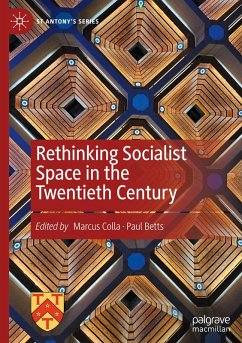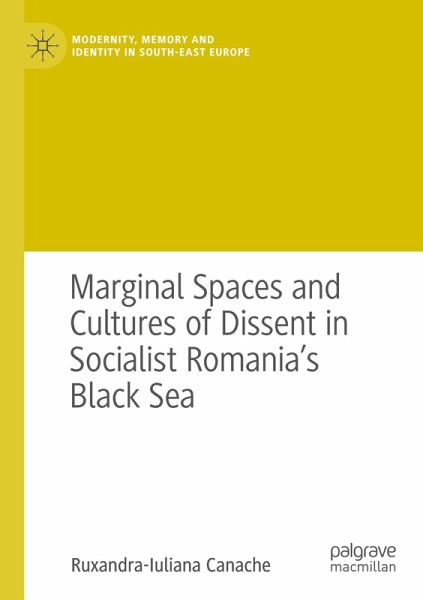
Marginal Spaces and Cultures of Dissent in Socialist Romania's Black Sea
Versandkostenfrei!
Versandfertig in 6-10 Tagen
83,99 €
inkl. MwSt.
Weitere Ausgaben:

PAYBACK Punkte
42 °P sammeln!
This book analyzes two Romanian villages - 2 Mai and Vama Veche - as spaces of relative freedom during the last decades of socialist rule. This microhistorical study refutes simplistic views of the communist past which focus on political figures and events, and instead explores ordinary people and everyday life. Taking a multidisciplinary approach, it considers a broad range of sources, including official Communist Party documents, secret police files, personal memoirs, oral history interviews, ethnographic films, songs, and artistic performances. This book intertwines three narrative threads:...
This book analyzes two Romanian villages - 2 Mai and Vama Veche - as spaces of relative freedom during the last decades of socialist rule. This microhistorical study refutes simplistic views of the communist past which focus on political figures and events, and instead explores ordinary people and everyday life. Taking a multidisciplinary approach, it considers a broad range of sources, including official Communist Party documents, secret police files, personal memoirs, oral history interviews, ethnographic films, songs, and artistic performances. This book intertwines three narrative threads: that of the visitors (mainly members of the Romanian intelligentsia, young people, and hippies); that of the local inhabitants; and that of 'authority' (local and central state agents actively engaged in surveillance and supervision). In doing so, it interrogates the spectrum of consent/dissent and resistance/collaboration hitherto neglected in scholarship.



